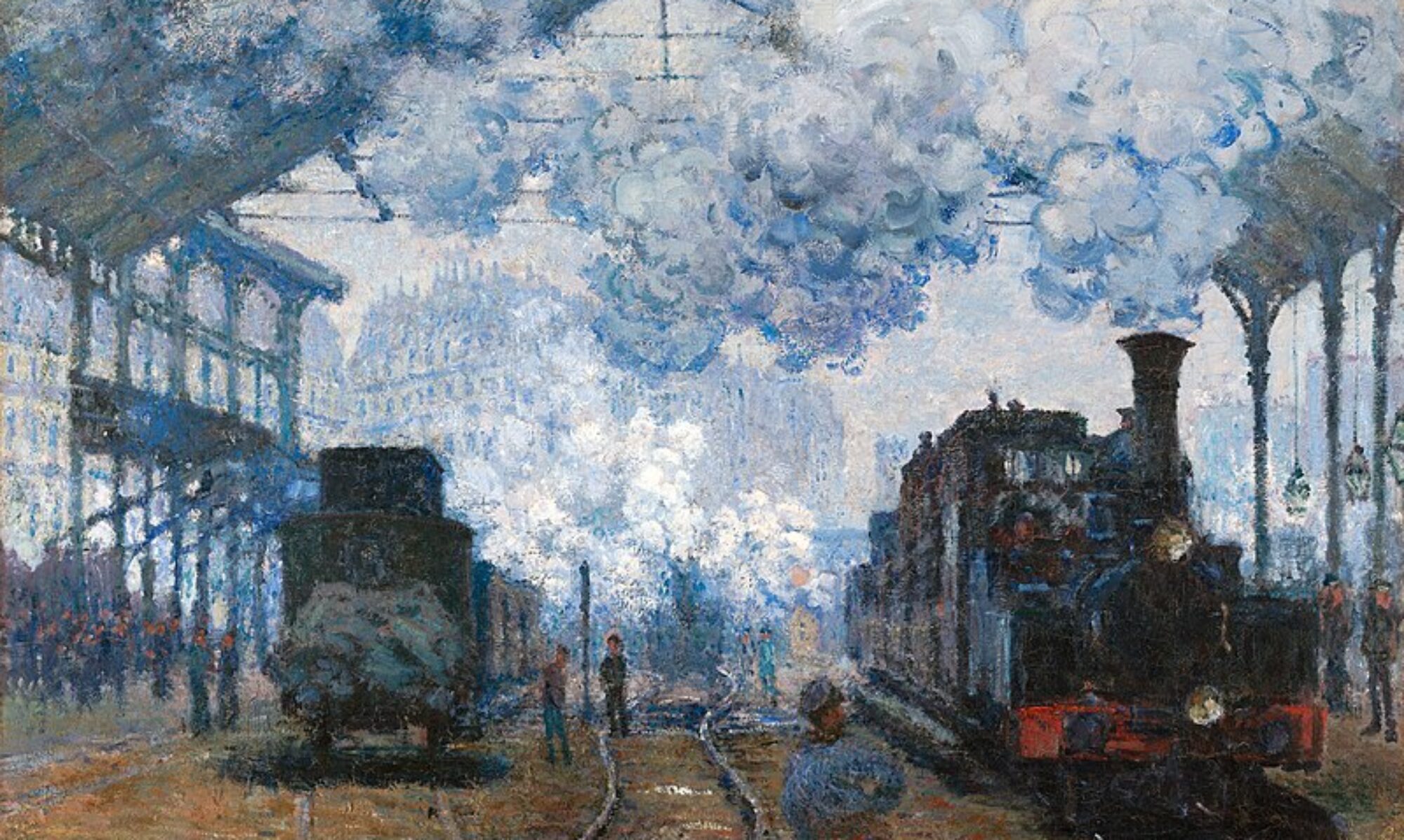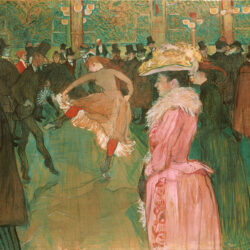In Duties to Country, Giuseppe Mazzini speaks in support of a utopian Italy that upholds liberty and freedoms in all regards, including systematically, where in his view other European nations fail to live up to their teachings. He states:
“There are countries in Europe where Liberty is sacred within, but is systematically violated without; peoples who say, Truth is one thing, utility another: theory is one thing, practice another. Those countries will have inevitably to expiate their guilt in long isolation, oppression, and anarchy. But you know the mission of our country, and will pursue another path.” (pg. 5 in the .pdf doc, bottom of 286 to the top of 287 in the document itself)
He continues by saying how Italy will lead the way on the international stage and be looked up to as a shining example of a truly free nation. This exposes a judgmental view of other nations, something along the lines of saying that “they just aren’t doing it right, but we’re better, so we can succeed where they failed.” He associates Italy doing well with humanity doing well as a whole, which says a lot to his sense of national/nationalistic pride and perception of Italy’s role in the world. His definition of a nation, the idea of a “concord of labour towards a single end,” clarifies that the freedom and liberty he so enthusiastically emphasizes, or perhaps the union with that as the goal, is the ultimate objective. His constant usage of fraternal terms like “brothers” and “fathers” lends a sort of propaganda aspect to his piece, much like we later see with Germany and Russia. This is further corroborated by the usage of phrases like “Your duties to your country,” which convey a sense of inherent loyalty.
Two questions that arise in view of these factors are:
What do his nationalist views have in common with others of the period, and later, which sought to unify their nations or work towards that goal?
The fact that he puts his hypothetical Italian state on a pedestal, predicting they it will be greater and more powerful than the Catholic Church under the Pope or the Roman Empire under Caesar, shows a great confidence in this movement. Is it simply talk or language to rally more supporters to his cause?

